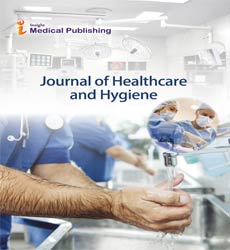Issues in homeopathic research and advanced homeopathy
Abstract
Background: India has the largest number of practitioners of homeopathy and a very large consumer base for it. Globally, homeopathic research has been directed towards understanding the therapeutic effects of pre-existing drugs in the context of well-defined clinical entities. New applications are being discovered for drugs that are already available. The generation of high quality evidence like randomized controlled trials, outcome assessment and pooling of data in the form of systematic reviews is a cost intensive activity. Present Stage: There are very few institutions and practitioners with resources or interest in homeopathic research due to absence of incentives and a low impact on practice. Advanced Homeopathy was developed by Prof. Parimal Banerji. The origins of the protocol are in 1918. Advanced Homeopathy is based on observational studies of case records, spread over ninety one years of practice of homeopathy in the same family, across four generations and a patient base of approximately 18 million cases. However, this research has very little protection from intellectual property laws in their current form. Generating evidence to understand the use of prevalent homeopathic drugs in modern disease should be a pre requisite for any system of medicine to be adopted by a health delivery service. The Future: Therapeutic regimens like Advanced Homeopathy are able to provide quick, reliable prescription with replicable results. A large number of difficult illnesses are being addressed by practitioners trained in Advanced Homeopathy.

Open Access Journals
- Aquaculture & Veterinary Science
- Chemistry & Chemical Sciences
- Clinical Sciences
- Engineering
- General Science
- Genetics & Molecular Biology
- Health Care & Nursing
- Immunology & Microbiology
- Materials Science
- Mathematics & Physics
- Medical Sciences
- Neurology & Psychiatry
- Oncology & Cancer Science
- Pharmaceutical Sciences
